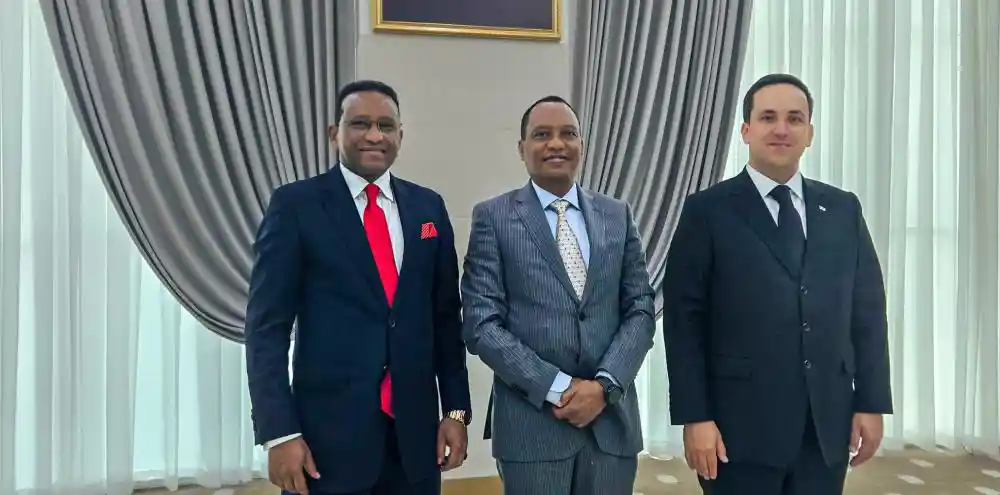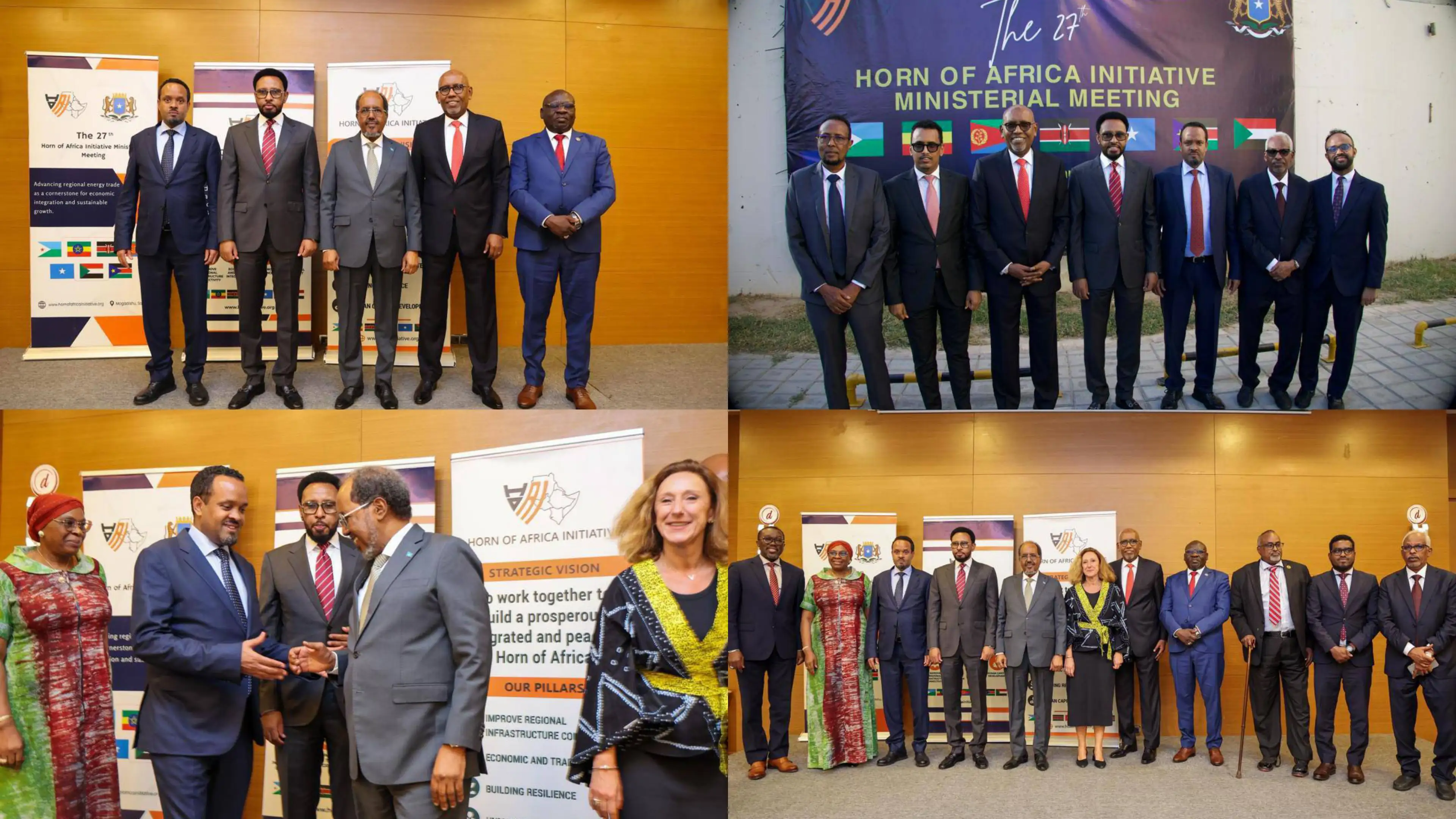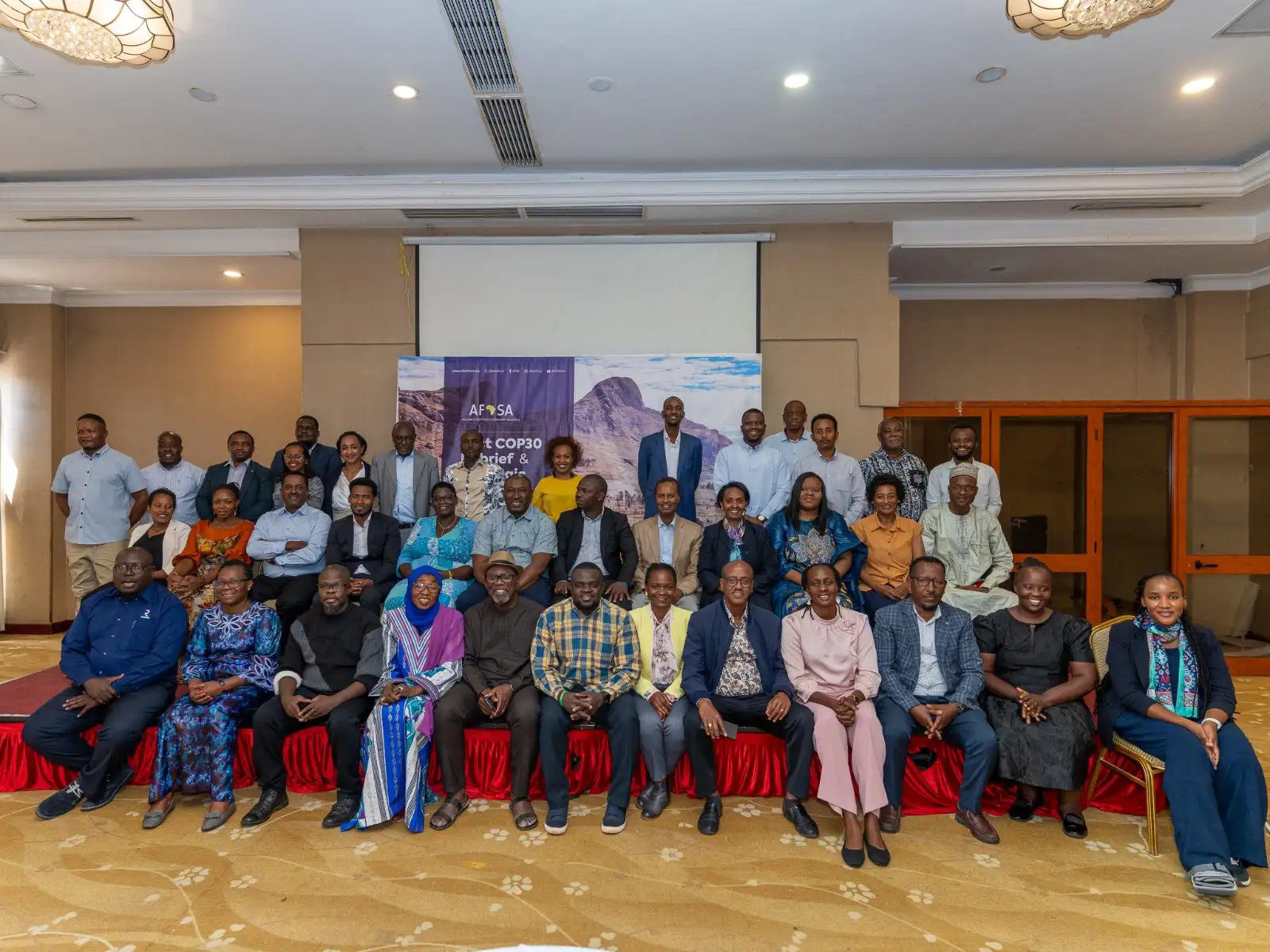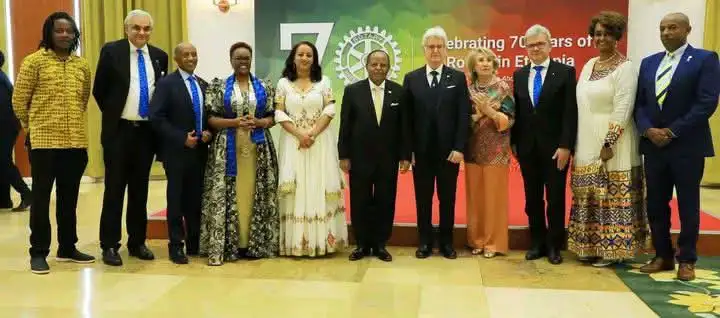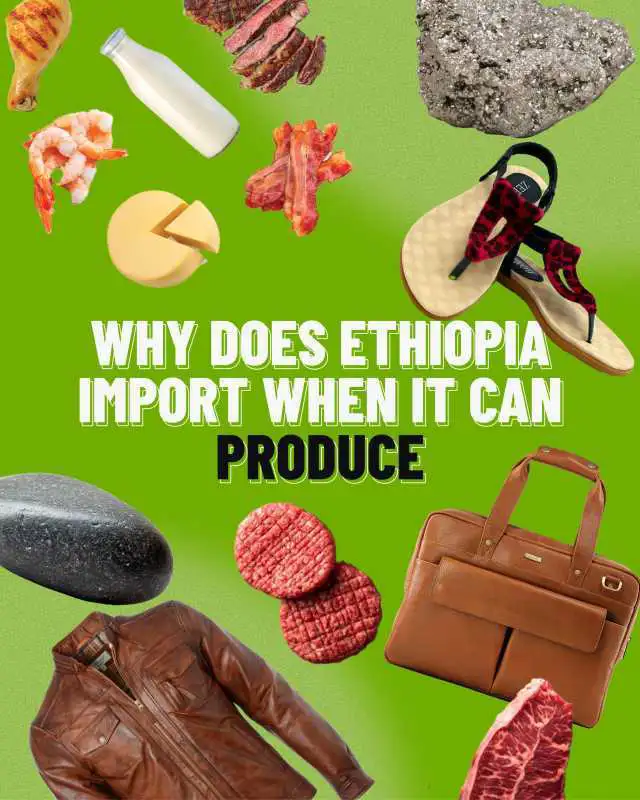Ethiopia and Turkmenistan have agreed to partner on solutions for the challenges of being landlocked, a move aimed at strengthening regional integration and trade. The agreement was reached during the third UN Conference on Landlocked Developing Countries (UNLLDC3), hosted in Turkmenistan under the theme "Transforming through Partnership."
On the sidelines of the conference, Ethiopia's Minister of Transport and Logistics, Dr. Alemu Sime, met with Turkmenistan's Minister of Trade and Foreign Economic Relations, Nazar Halnazarovich Aghahanov. The two ministers discussed jointly tackling the "unfair" obstacles of their geographic situation. They agreed to enhance cooperation to create efficient and cost-effective transport solutions that would accelerate economic growth.
The discussion highlighted several shared challenges, including high transport costs, heavy dependence on ports in neighboring countries, and geopolitical instability that can disrupt trade routes.
Minister Alemu Sime underscored that being landlocked is a long-standing geographic challenge that hinders a nation's development. He expressed confidence that international forums like this conference are crucial for turning these challenges into opportunities.
In his remarks, Nazar Halnazarovich Aghahanov emphasized that regional integration is the key to unlocking the potential of landlocked countries. He described the solution as creating interconnected networks that ensure the seamless flow of goods, services, and ideas. He stated that Turkmenistan is committed to building the necessary infrastructure and finalizing agreements to make this a reality, noting that just as his country is a gateway to Central Asia, Ethiopia serves as a gateway to Africa.
According to information obtained from ENA, the two nations have agreed to expand their partnership to reduce reliance on traditional trade routes and establish a new, more efficient trade relationship.
